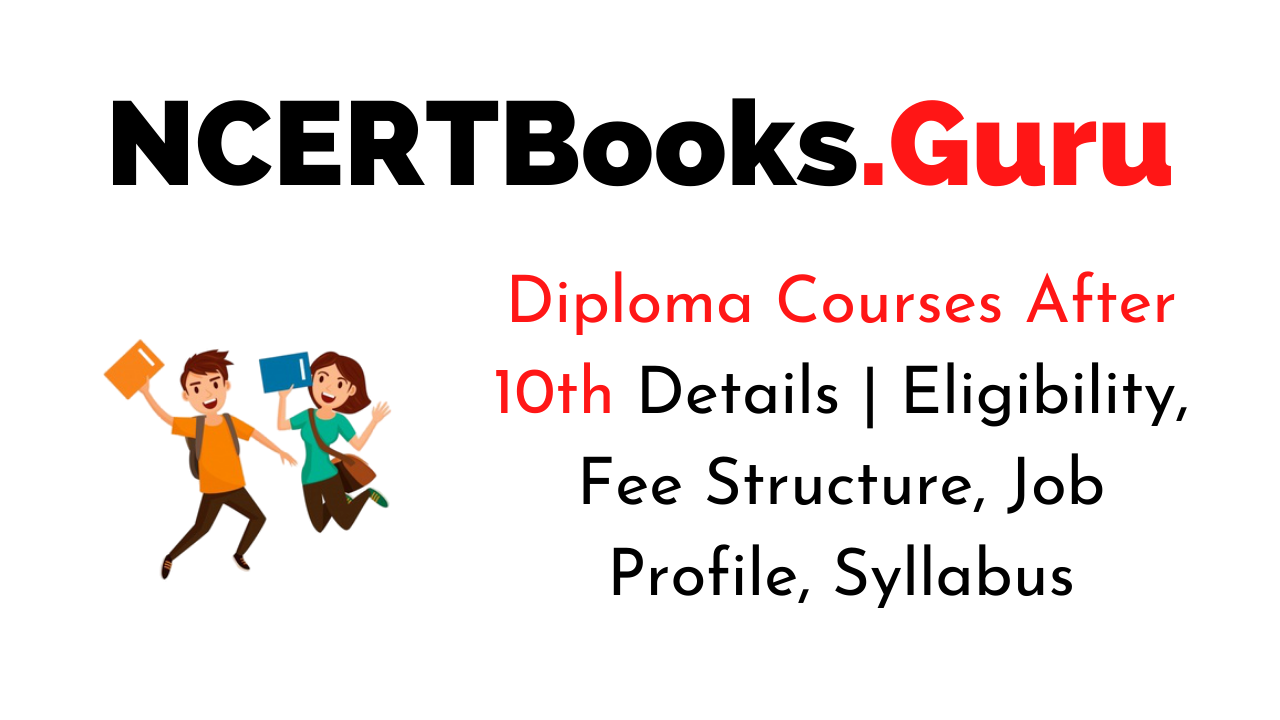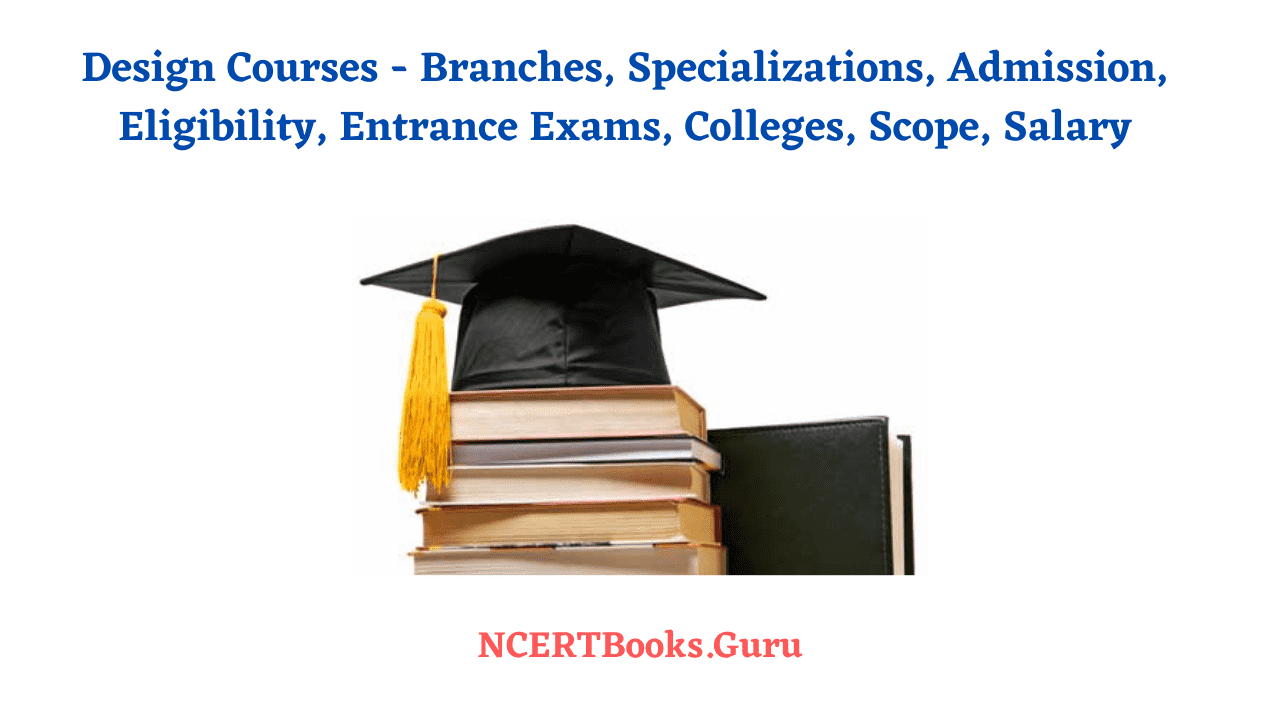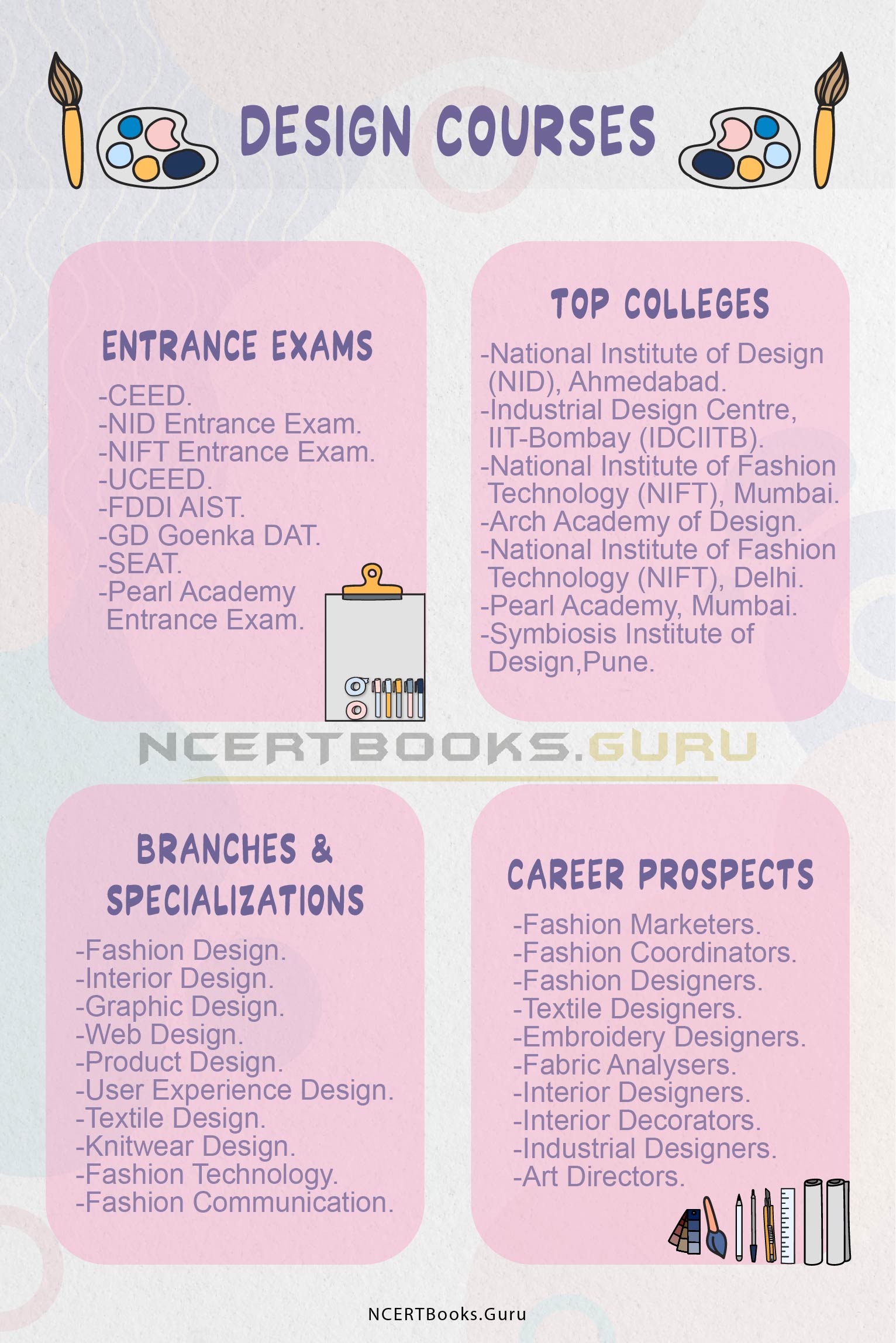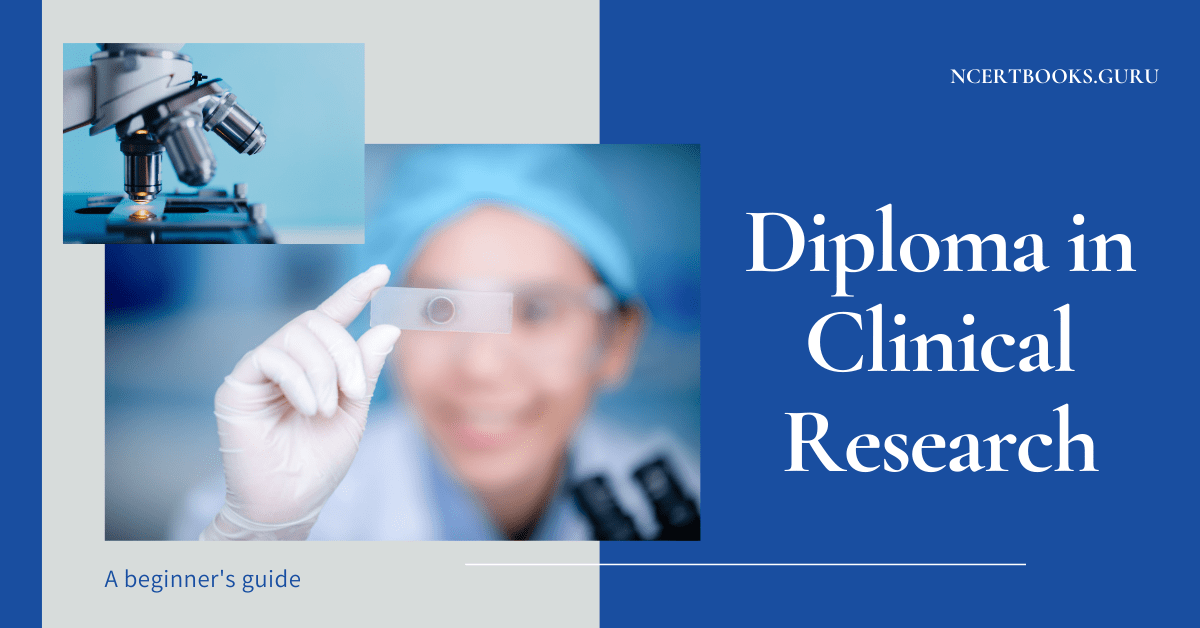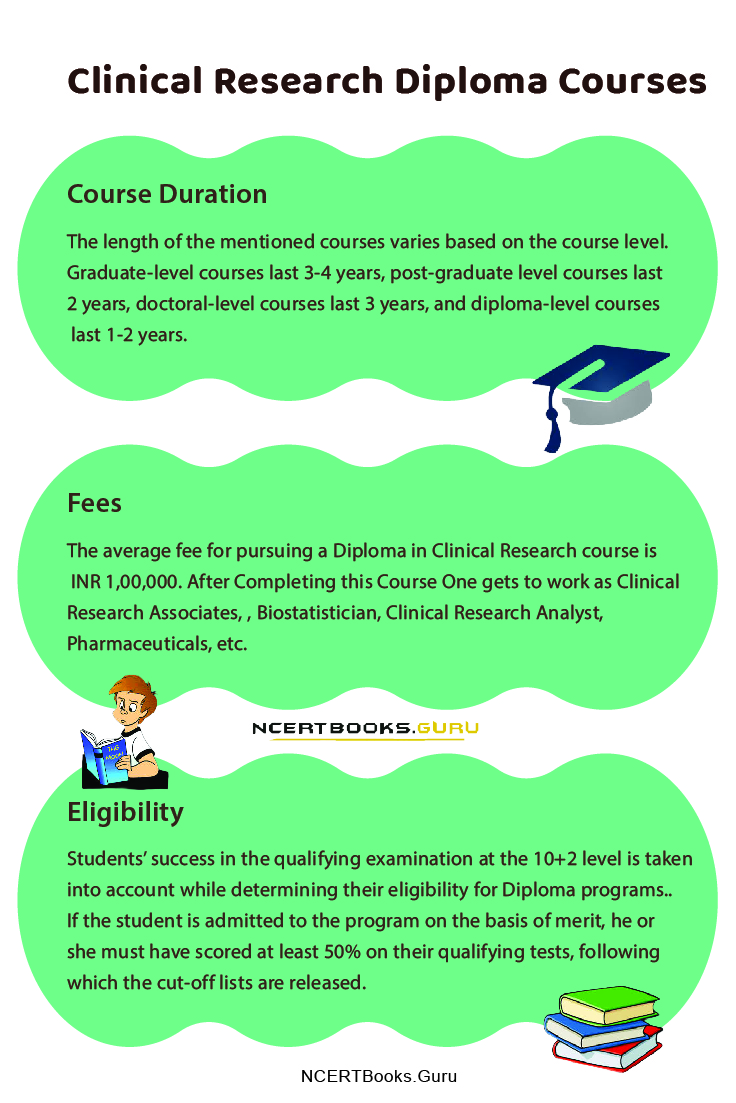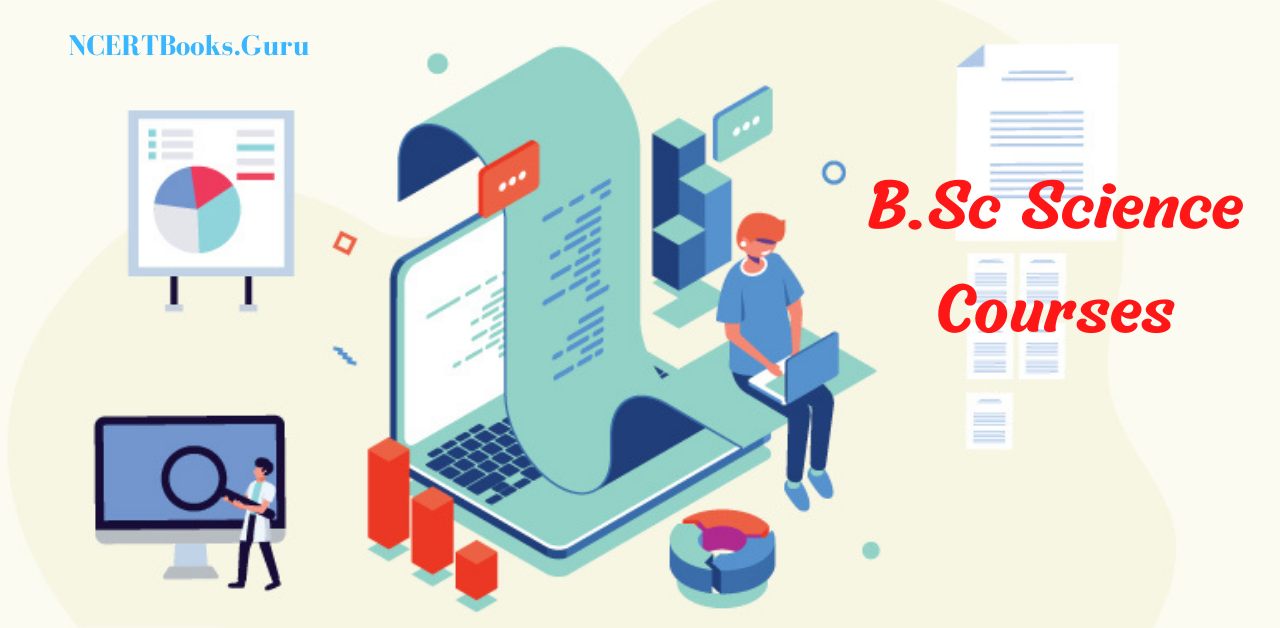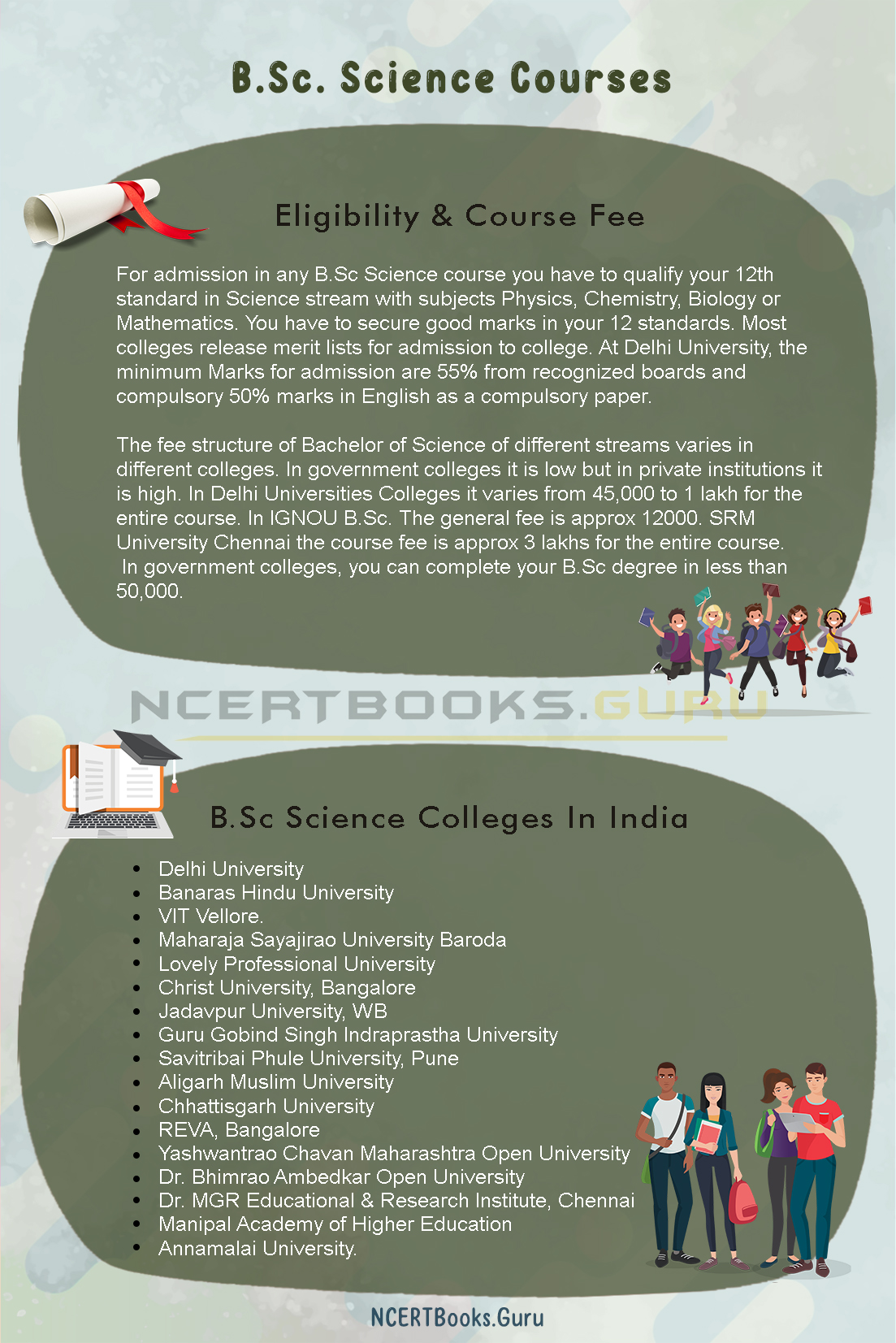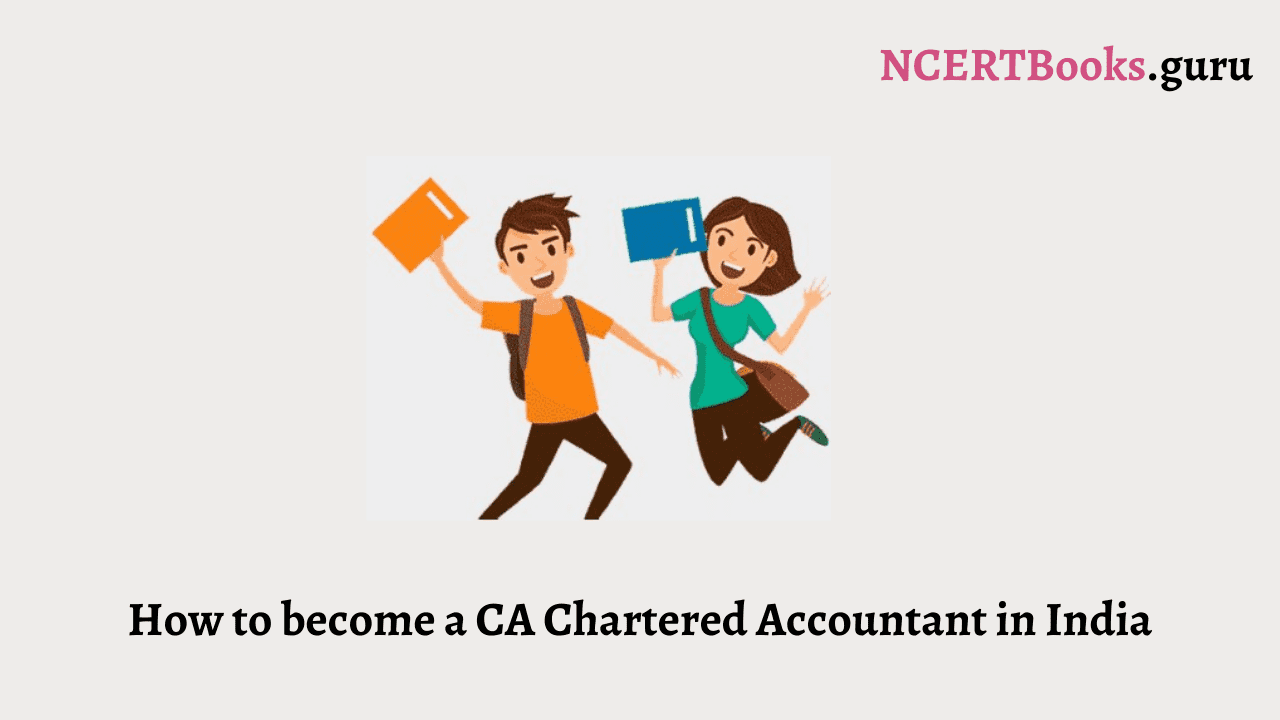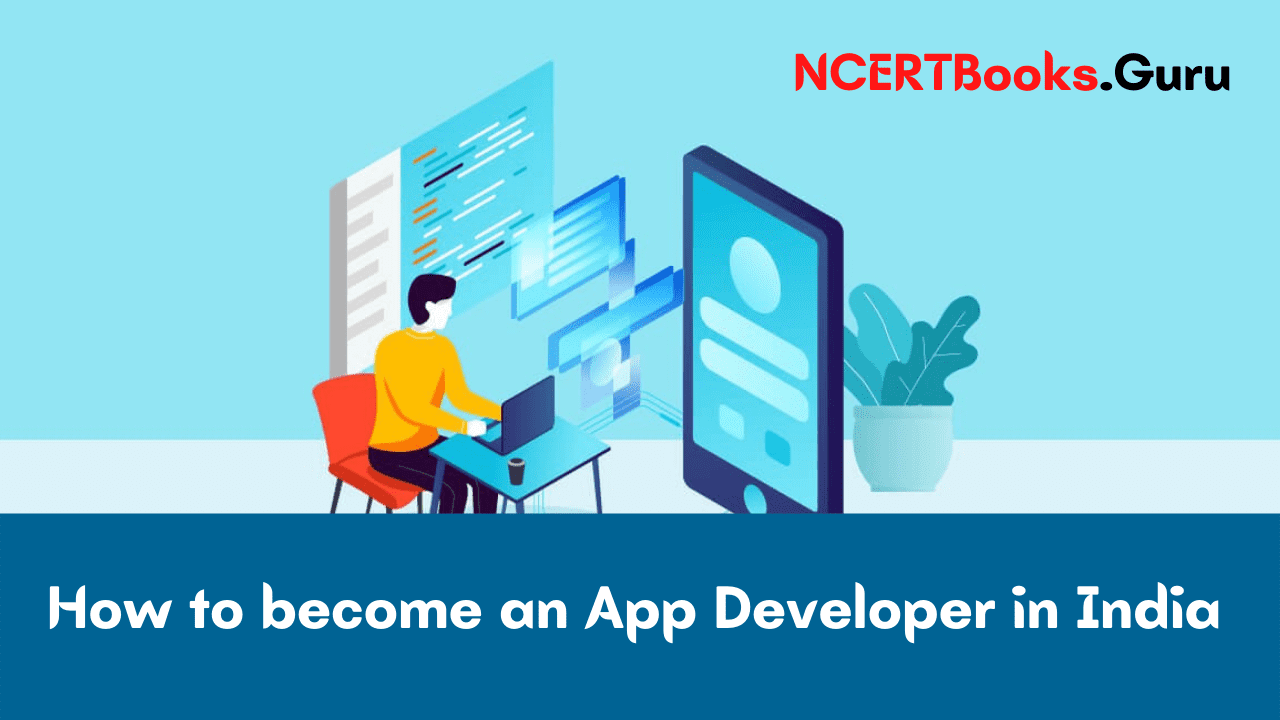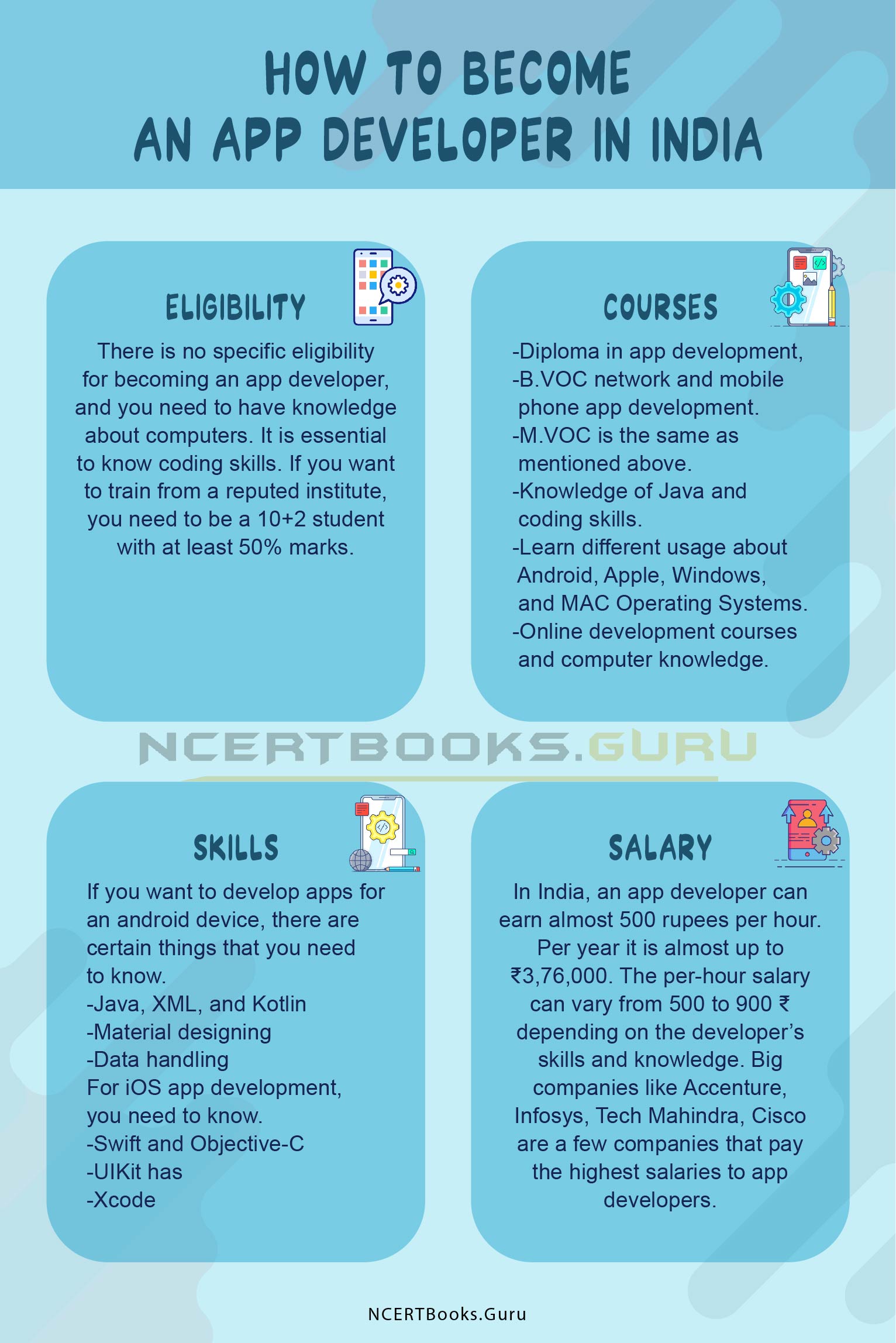Diploma Courses After 10th: Diploma courses after class 10th have gained popularity in recent times. In today’s time students and parents regard diploma courses as a means to secure early employment in multiple fields. Diploma courses also open enrollment opportunities for students in college without having to give class 12th examinations. These courses enable students to get a job in both the government and the private sector and pay for college fee independently.
Get to Know More about other types of Course Details in Stream wise, and Category wise.
- Diploma Courses After 10th Overview
- Diploma Courses After 10th Eligibility Criteria
- Diploma Courses After 10th Admission Process
- Benefits of Diploma Courses After 10th
- List of Diploma Courses After 10th
- Diploma Courses After 10th Class Fees
- Diploma Course Scope, Job Opportunities and Salaries
- What are the top institutes for diploma courses in India?
- What are the most popular diploma courses in India?
- What are the fees for a diploma course in India?
- Does a diploma course require any prerequisite knowledge about the subject?
Diploma Courses After 10th Overview
Owing to the latest trends, more and more students have opted to take up a diploma course after class 10th. The main reason for this uprise in the popularity of diploma courses is that students can even pursue government jobs after getting a diploma course.
Diploma courses are short term, skill-based courses aimed at specific industrial or skill training. The duration of a diploma course ranges from 4 months to 3 years depending upon the type of course. Due to a rise in demand for diploma courses, many new types of diploma certification courses have surfaced. A student can now get a diploma certification in the following subjects:
- A course in arts stream
- A course in science stream
- A course in commerce stream
- A Polytechnic diploma course
Diploma Courses After 10th Eligibility Criteria
The eligibility criteria for a dolma course is quite simple and straightforward. Though every institution has a specific set of rules, given below are the basic criteria that one must fulfill:
- The student must have completed his/her class 10th from a state-recognized or another equally respected education board.
- Only students who appear for their class 10th exams can apply for diploma courses.
- The aggregate score of students in their class 10th examinations must be at least 50%. Alternatively, there are some relaxations for students from the reserved categories.
- The minimum age to apply for a diploma course is 17 years.
- The maximum age to apply for a diploma course is 24 years.
Diploma Courses After 10th Admission Process
The admission process of diploma courses varies from institute to institute. Every institute has its own set of rules and guidelines that they follow during the admission process. Some of the most common admission processes are mentioned below:
- Selecting students on the basis of their merit.
- Some colleges also follow the method of first come first serve during their admission process.
- Some institutes also conduct entrance exams to admit students to their institute.
- Abomey institutes also prefer to conduct a personal interview and group discussions with the applicants in order to have a thorough admission process.
Benefits of Diploma Courses After 10th
Diploma courses have their own set of benefits for applicants. Some of the major benefits of doing a diploma course are:
- Diploma courses can be completed in comparatively less time as compared to a regular degree course.
- Gives you time to explore different careers and professions.
- Diploma courses don’t require a class 12th degree.
- Help you get a job early in life.
- Provide you with a flexible and more comprehensive learning experience.
- By getting a diploma certification you can switch careers later on in life according to your own preference.
More Related Articles
List of Diploma Courses After 10th
- Diploma in Automobile Engineering
- Diploma in Agricultural Engineering
- Diploma in Architecture Assistantship
- Diploma in Biomedical Biotechnology
- Diploma in Business Administration
- Diploma in Civil Engineering
- Diploma in Chemical Engineering
- Diploma in Computer Engineering
- Diploma in Aeronautical Engineering
- Diploma in Apparel Design
- Diploma in Ceramic Technology
- Diploma in Electrical Engineering
- Diploma in Electronics & Communication Engineering
- Diploma in Electrical & Telecommunication Engineering
- Diploma in Fashion Design
- Diploma in Leather Technology
- Diploma in Garment Technology
- Diploma in Handloom Technology
- Diploma in Information Technology
- Diploma in Interior Decoration
- Diploma in Instrumentation Technology
- Diploma in Production & Industrial Engineering
- Diploma in Leather Technology
- Diploma in Library and Information Science
- Diploma in Mechanical Engineering
- Diploma in Mechatronics
- Diploma in Marine Engineering
- Diploma in Mechanical Engineering
- Diploma in Hotel Management
- Diploma in Medical Lab Technology
- Diploma in Web Designing
- Diploma in Plastic Technology
- Diploma in Textile Technology (Knitting/Weaving/Spinning)
- Diploma in Textile Design
- Diploma in Textile Processing
- Diploma in Electrical and Electronics Engineering
- Diploma in Electronics & Communication Engineering
- Diploma in Computer Science and Engineering
Students can also check Diploma Courses After 10th in Medical Field on this page.
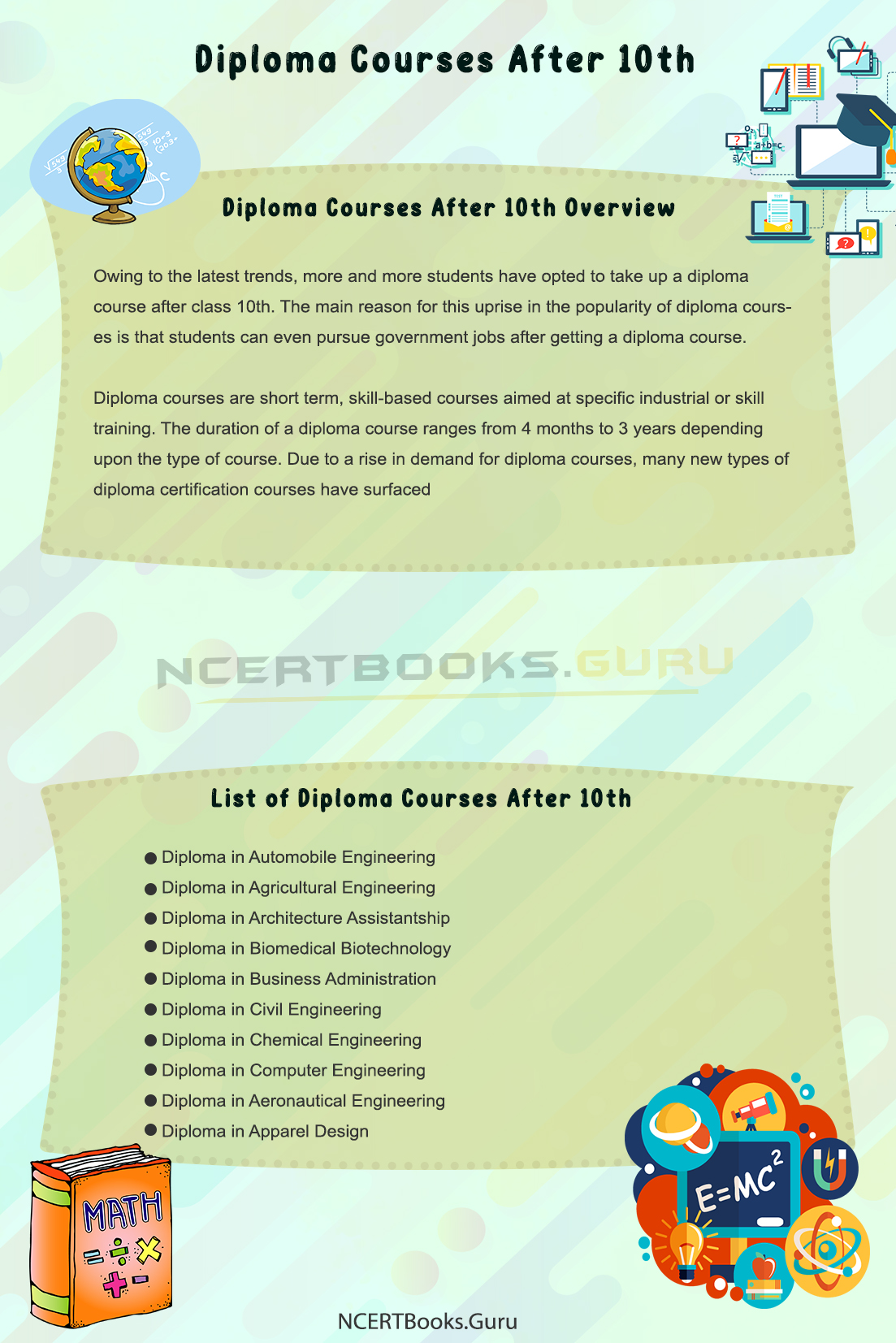
Diploma Courses After 10th Class Fees
The course fee is different for different courses. On average diploma course fees structure ranges from INR 10,000 to 4,00,000 per year.
Diploma Course Scope, Job Opportunities and Salaries
The scope and opportunities after getting a diploma certificate are limited to the specific skill or course that you got your diploma certification in. But the plus point is that a diploma certification allows you to switch careers easily and without any hassles. After doing a diploma course, one had the opportunity to be hired either in the government sector or the private sector. Multinational companies also hire candidates with specific diploma course certifications.
The salaries after doing a diploma course can vary from anywhere between 2 LPA to above 8 LPA.
FAQ’s on Diploma Courses After 10th
Question 1.
What are the top institutes for diploma courses in India?
Answer:
The top diploma course institutes in India are Government Polytechnic, Mumbai; S.H. Jondhale Polytechnic; V.P.M’s Polytechnic.
Question 2.
What are the most popular diploma courses in India?
Answer:
The best diploma courses in India are a diploma in Computer science and engineering, a diploma in civil engineering, a diploma in automobile engineering, diploma in interior designing, diploma in fashion engineering.
Question 3.
What are the fees for a diploma course in India?
Answer:
The annual fees of a diploma course in India range from INR.10,000- INR 4 lakh.
Question 4.
Does a diploma course require any prerequisite knowledge about the subject?
Answer:
No, this is one of the best things about a diploma course that it doesn’t require any prerequisite knowledge of the subject or skill.
